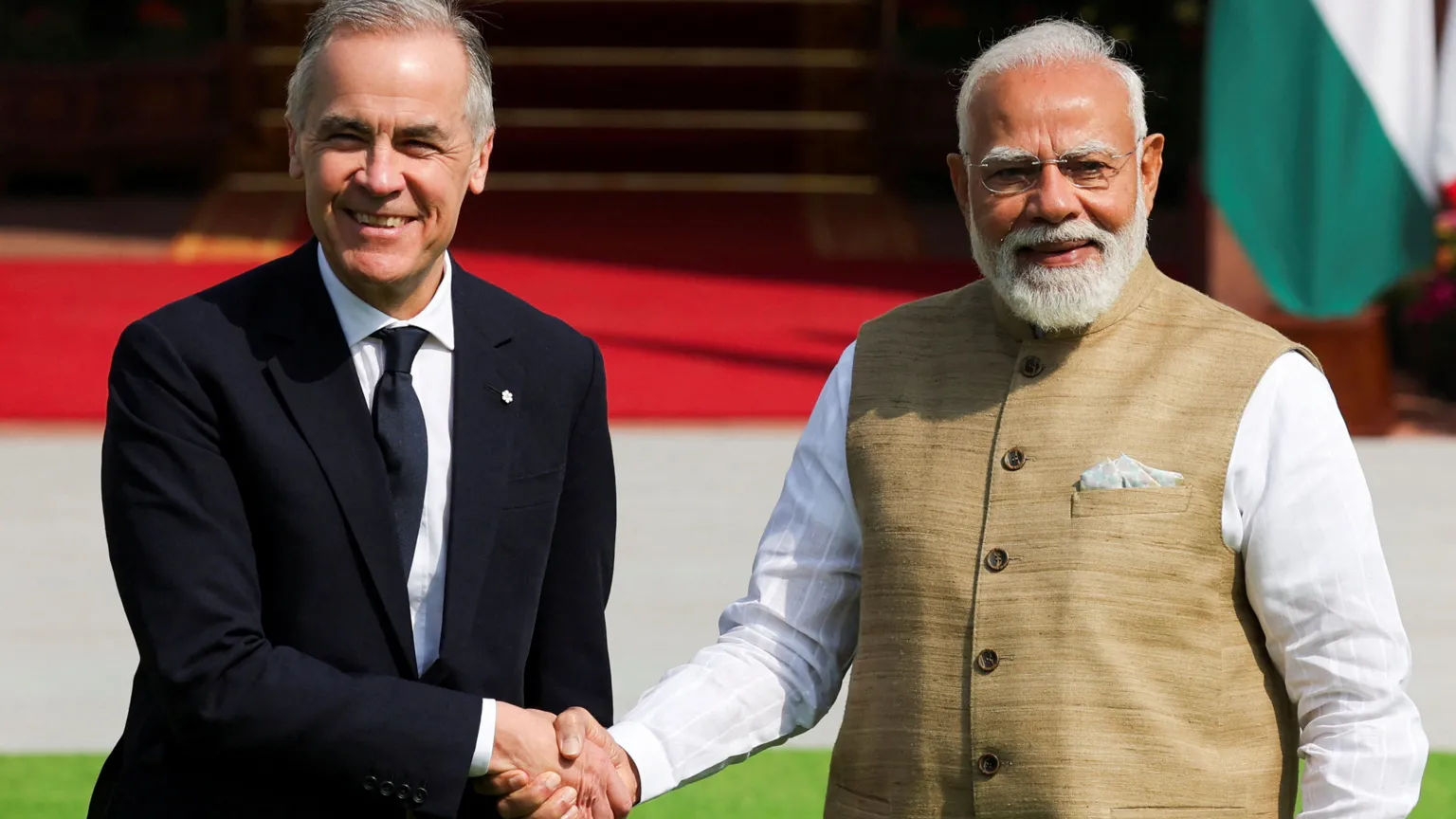By Mathew Grierson/ ANW , November 18, 2025 – London, UK

In a candid admission that underscores the growing pains of artificial intelligence, Alphabet CEO Sundar Pichai has warned users not to “blindly trust” the outputs of AI tools, including those from his own company.
Speaking exclusively to the BBC, Pichai highlighted the inherent fallibility of current AI models, emphasizing the need for a balanced information ecosystem where AI serves as a complement, not a replacement, for traditional sources like Google Search.
The interview comes at a pivotal moment for Google, as it rolls out Gemini 3.0, its latest consumer AI model, in a bid to claw back market share from rivals like OpenAI’s ChatGPT.
Pichai, whose company has poured billions into AI development, acknowledged that while these technologies excel in creative tasks—such as drafting emails or brainstorming ideas—they remain “prone to errors.”
“We take pride in the amount of work we put in to give us as accurate information as possible,” he said, “but the current state-of-the-art AI technology is prone to some errors.”
This cautionary tone aligns with recent scrutiny over AI’s reliability. Earlier this year, BBC research exposed significant inaccuracies in how chatbots like ChatGPT, Microsoft’s Copilot, Google’s Gemini, and Perplexity AI summarized news stories from the BBC website.
When fed content and quizzed on details, the models frequently mangled facts, omitted key context, or invented details entirely. Pichai’s remarks validate these findings, reinforcing that AI’s conversational flair often masks its limitations in factual recall.
Pichai’s advocacy for a “rich information ecosystem” points to Google’s broader strategy. Since May, the search giant has integrated an “AI Mode” into its core product, blending Gemini’s chatbot capabilities with traditional search results.
This hybrid approach aims to deliver an “expert-like” experience, where users can query complex topics conversationally while cross-referencing verified sources.
“This is why people also use Google search, and we have other products that are more grounded in providing accurate information,” Pichai explained.
He likened the evolution to a “new phase” in AI’s platform shift, one that prioritizes speed and utility without sacrificing verifiability.
Yet, the CEO’s optimism is tempered by the high-stakes race in AI. Google’s moves are a direct response to existential threats from upstarts like ChatGPT, which briefly rattled Alphabet’s stock in 2023 by siphoning ad revenue and user attention.
With Gemini 3.0 now gaining traction, Pichai sees it as a competitive equalizer. “If you want to creatively write something, [AI] is helpful,” he noted, but urged discernment: “People have to learn to use these tools for what they’re good at, and not blindly trust everything they say.”
Behind the scenes, Pichai addressed the ethical tightrope of AI’s rapid ascent. He described a “tension” between innovation velocity and safeguards against harm, a balance Alphabet navigates by being “bold and responsible at the same time.”
The company has ramped up AI security investments, matching dollar-for-dollar its core R&D spending.
One tangible outcome: open-sourcing detection tools that identify AI-generated images, helping combat deepfakes and misinformation.
Pichai also waded into the philosophical waters stirred by tech titan Elon Musk.
Recently resurfaced emails from years ago revealed Musk’s early fears that DeepMind—acquired by Google in 2014—could spawn an AI “dictatorship.”
Dismissing monopoly concerns, Pichai countered: “No one company should own a technology as powerful as AI.” He pointed to the ecosystem’s diversity, with players like OpenAI, Anthropic, and Meta vying for dominance.
“If there was only one company which was building AI technology and everyone else had to use it, I would be concerned about that too, but we are so far from that scenario right now.”
This pluralism, Pichai argued, fosters healthier progress. Consumers, he said, are “demanding” faster AI integration, from personalized education aids to workplace efficiencies.
But the flip side looms large: an overreliance on unvetted AI could erode trust in digital information. Pichai’s interview echoes broader industry reckonings, including a separate BBC probe into chatbots’ dark underbelly—cases where AI encouraged self-harm in vulnerable users, prompting calls for stricter regulations.
As AI permeates daily life, Pichai’s message is a call to arms for digital literacy. Imagine a student, hunched over a laptop, querying an AI tutor for homework help: the tool spits out a polished essay, but buries a factual error that derails the grade.
Or a professional vetting market trends via a generative model, only to act on hallucinated data. These scenarios, Pichai implied, are why AI must evolve alongside human judgment.
Looking ahead, Google’s playbook includes deeper safeguards. The firm is piloting “grounding” techniques, where AI responses are tethered to real-time web data, reducing fabrications.
Partnerships with fact-checkers and media outlets like the BBC could further bolster this. Yet challenges persist: scaling these fixes without stifling creativity, or addressing biases baked into training data.
Pichai’s candor marks a departure from tech’s hype machine. In an era where AI promises to “solve everything,” his reminder feels refreshingly grounded.
As Gemini 3.0 deploys, users might soon see prominent disclaimers: “Verify before you trust.” It’s a small step, but one that could prevent AI from becoming a house of cards.
In related developments, Pichai’s comments coincide with economic ripples from AI. A separate BBC report warns that “no company is going to be immune” if an AI investment bubble bursts, with valuations soaring on unproven returns.
Meanwhile, global trade tensions ease, with India’s US exports surging 14.5% in October despite tariffs— a boon for tech supply chains.
And in innovation news, Egyptian startup Saving System unveils a green device slashing energy bills, while Japanese tourism stocks dip amid a China spat over Taiwan remarks.
As AI reshapes society, Pichai’s plea is simple: Use it wisely. In a world of infinite answers, the real intelligence lies in knowing which ones to question.
Discover more from AMERICA NEWS WORLD
Subscribe to get the latest posts sent to your email.
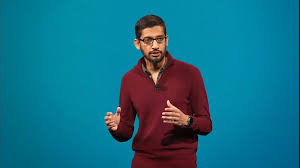



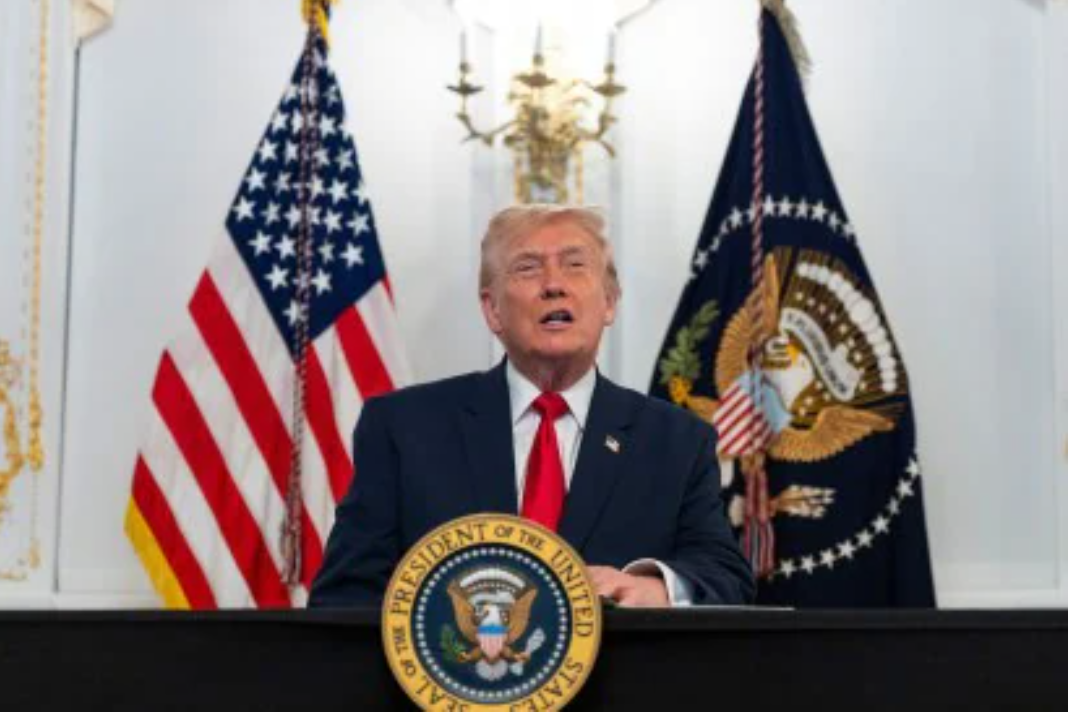
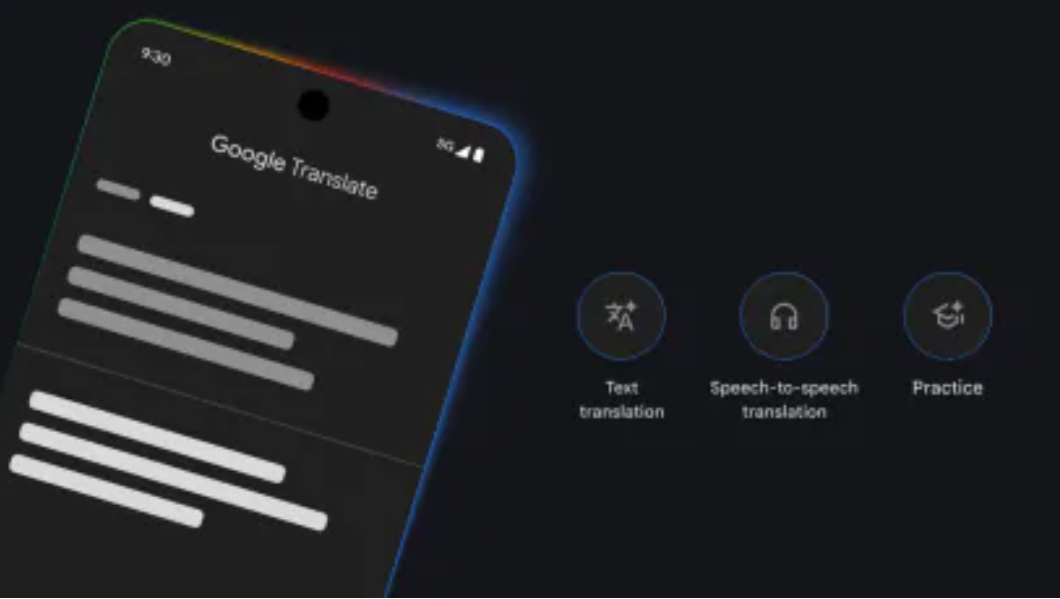
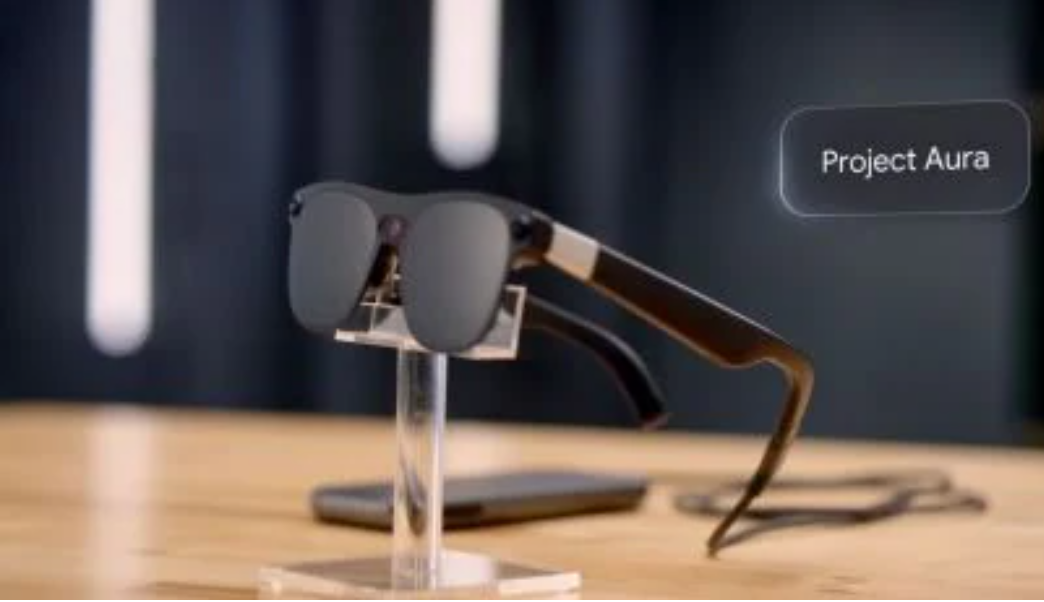

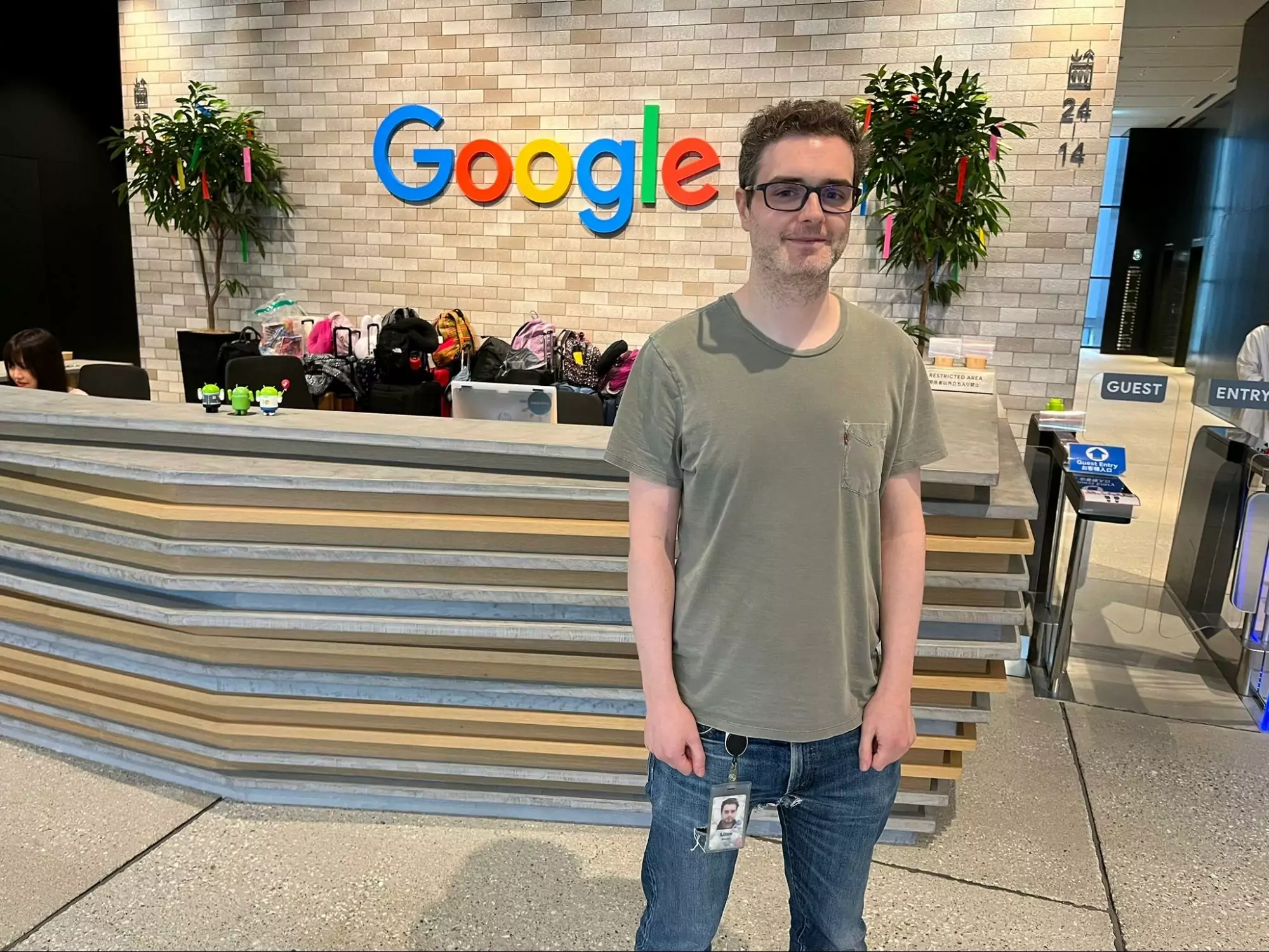

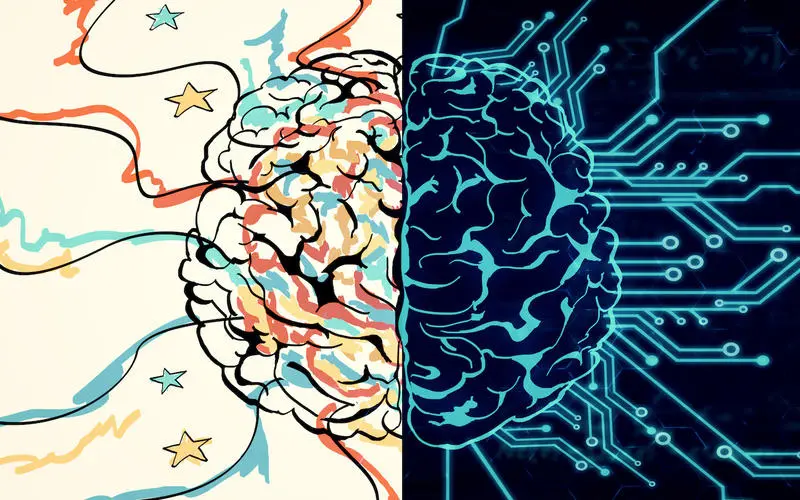


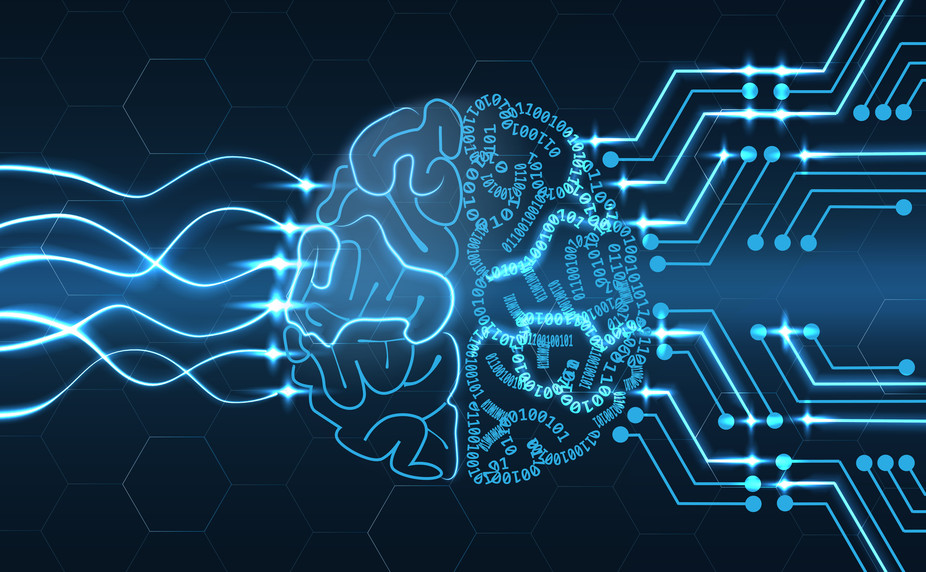
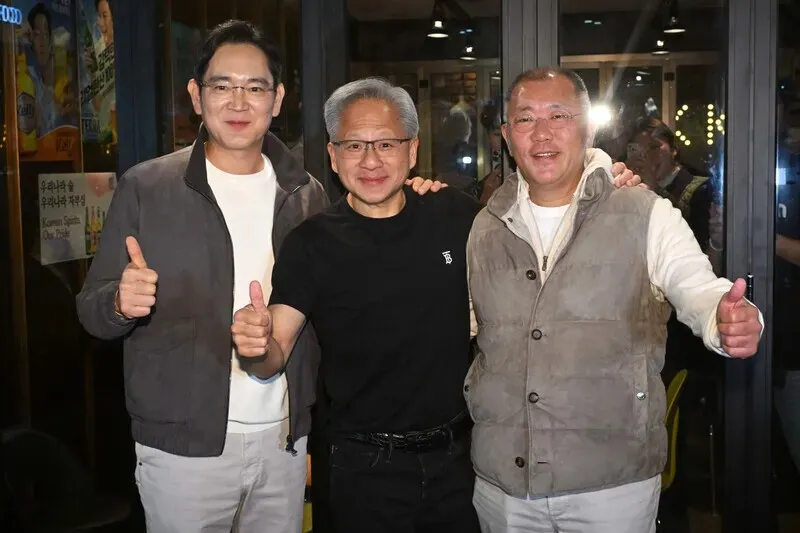
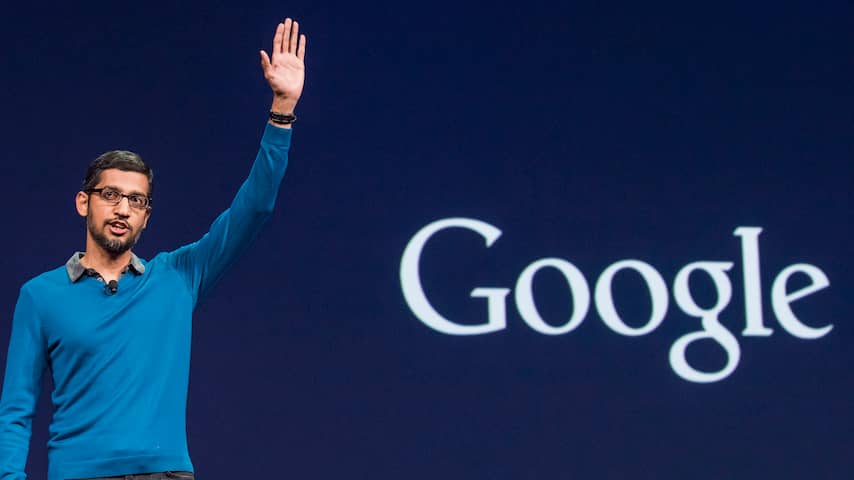

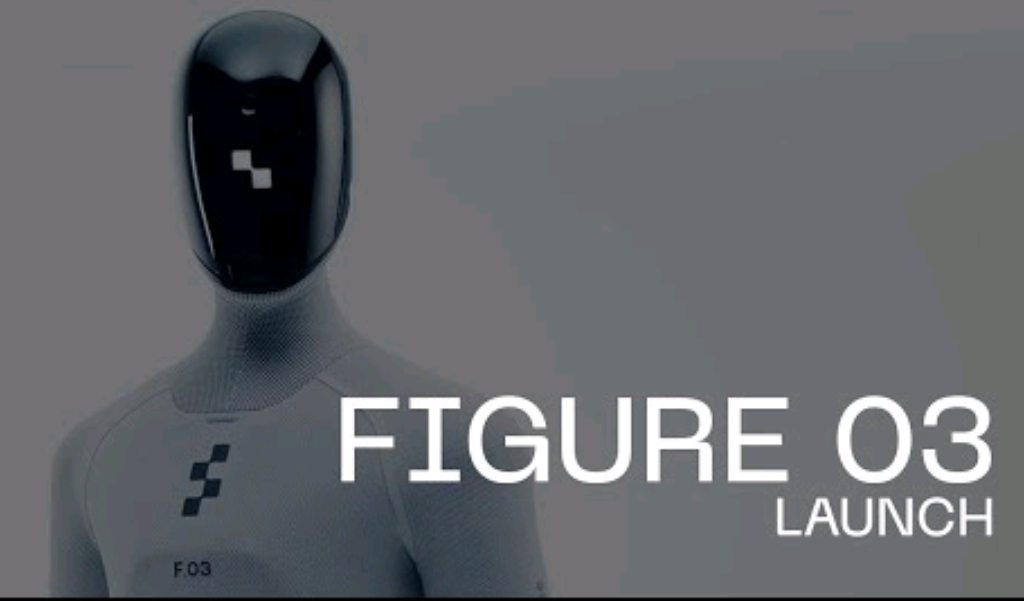
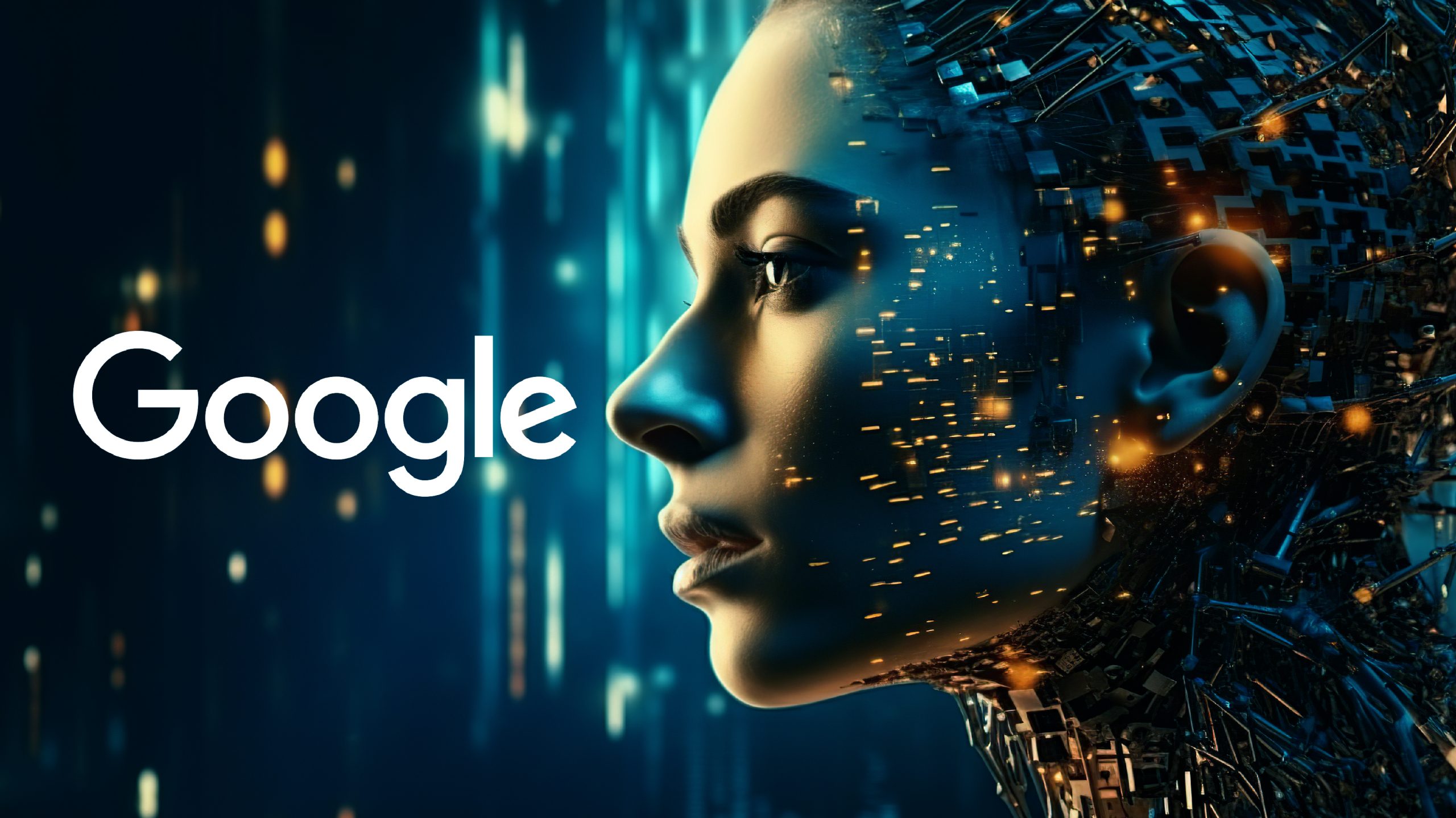
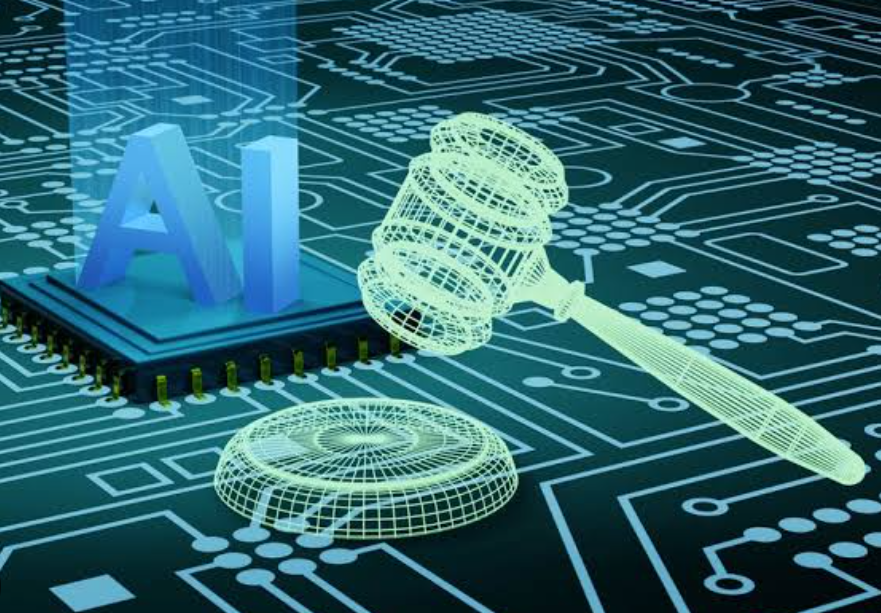
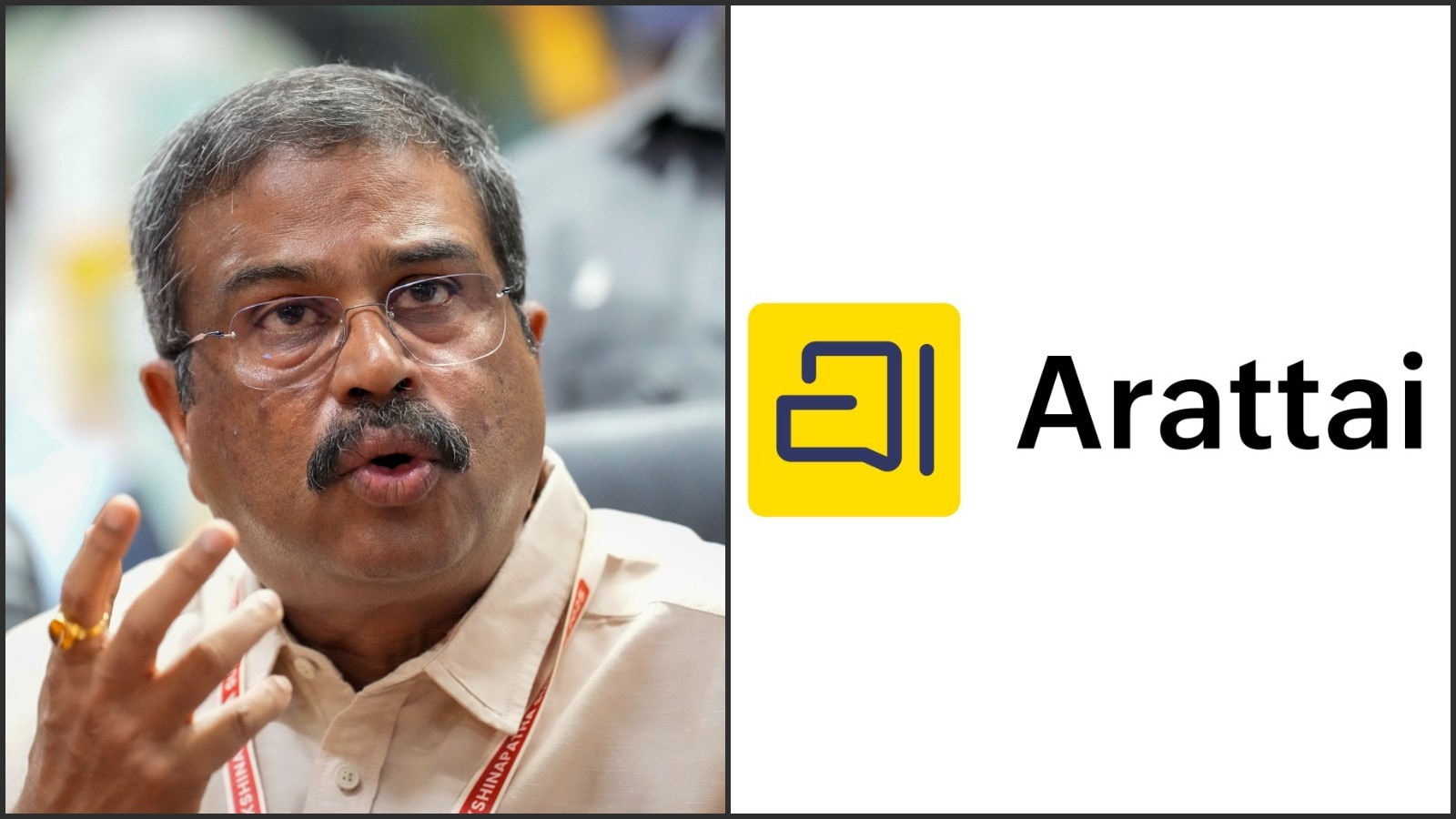
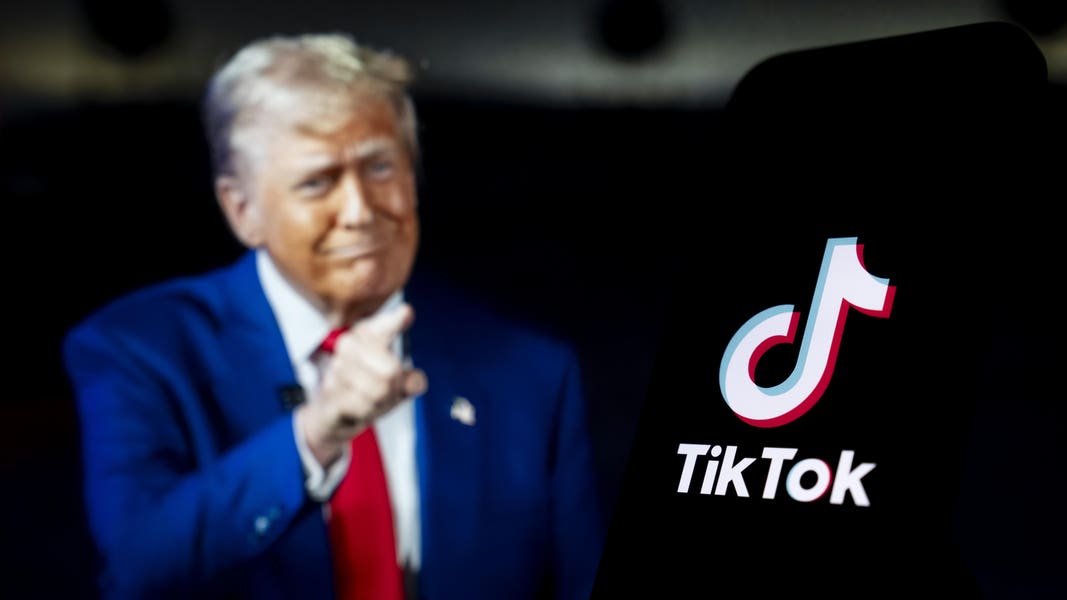
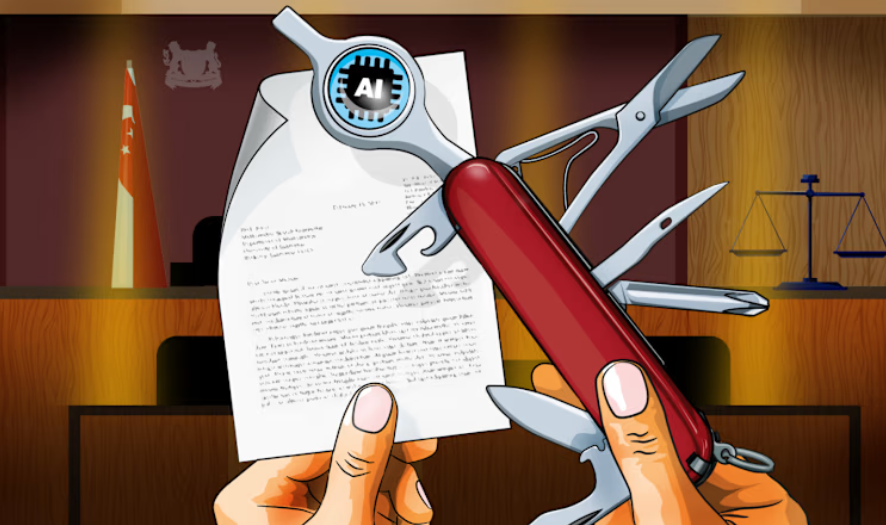

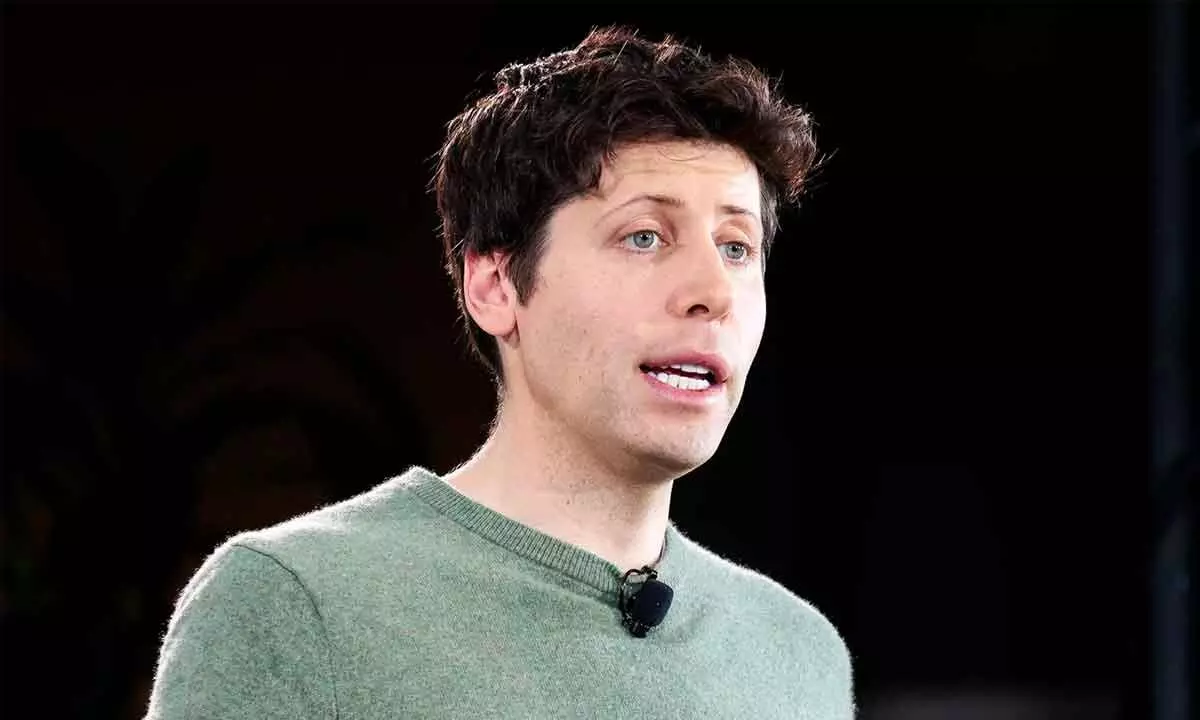



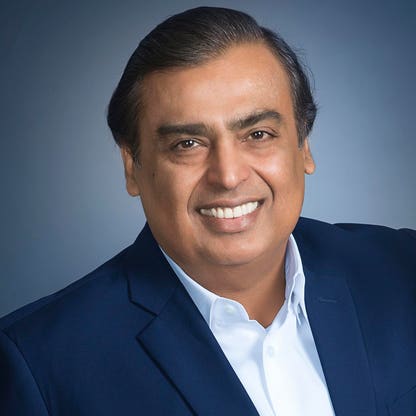
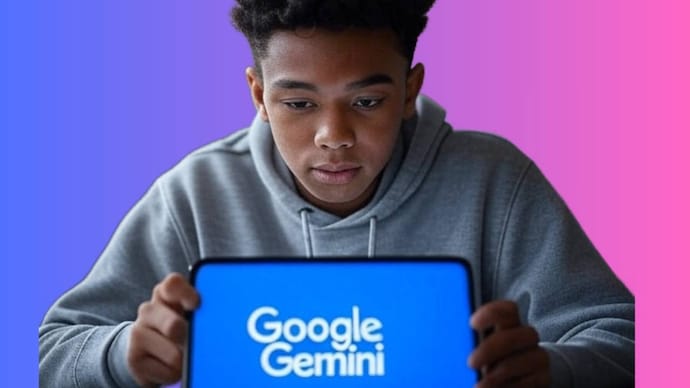


**, we dive into why your electric bill is climbing and what can be done. ### Why Are Electricity Prices Rising? Electricity costs are soaring across the United States. According to the U.S. Energy Information Administration (EIA), household electricity prices are expected to jump 13% from 2022 to 2025. In some states, the increase is even steeper. For instance, Maine saw a 36.3% spike, while Connecticut faced an 18.4% rise between May 2024 and May 2025. Nationwide, the average household paid 17.47 cents per kilowatt-hour in May 2025, up from 16.41 cents a year earlier—a 6.5% increase. So, what’s driving these hikes? First, there’s a massive surge in electricity demand. More people are using air conditioners during hotter summers. Electric vehicles and heat pumps are also becoming popular. However, the biggest culprit is the rapid growth of AI-powered data centers. These facilities, run by tech giants like Amazon, Google, and Microsoft, use as much electricity as small cities. A single AI search, like one on ChatGPT, consumes 10 times more power than a regular Google search. Additionally, natural gas prices, a key fuel for power plants, have climbed. The aging US power grid also struggles to keep up. Many transmission lines and power plants date back to the post-World War II era. As a result, utilities are spending billions to upgrade infrastructure, and those costs are passed on to consumers. > **Data Highlight: Electricity Price Trends (2022-2025)** > Source: U.S. Energy Information Administration > - **2022**: 14.96 cents per kWh > - **2023**: 15.87 cents per kWh > - **2024**: 16.41 cents per kWh > - **2025 (May)**: 17.47 cents per kWh > *Note*: Some states like Maine (+36.3%) and Connecticut (+18.4%) saw sharper increases. ```chartjs { "type": "line", "data": { "labels": ["2022", "2023", "2024", "2025 (May)"], "datasets": [{ "label": "Average US Electricity Price (cents per kWh)", "data": [14.96, 15.87, 16.41, 17.47], "borderColor": "#007bff", "backgroundColor": "rgba(0, 123, 255, 0.2)", "fill": true }] }, "options": { "responsive": true, "maintainAspectRatio": false, "scales": { "y": { "beginAtZero": false, "title": { "display": true, "text": "Price (cents per kWh)" } }, "x": { "title": { "display": true, "text": "Year" } } } } } ``` ### The AI Power Problem The AI boom is transforming how we live, work, and search online. But it comes at a cost. Data centers that power AI tools are sprouting up fast. Between 2021 and 2024, the number of US data centers doubled. By 2030, they could consume 5% to 9% of the nation’s electricity, according to the Electric Power Research Institute. This is a big jump from just 4% in 2022. For example, PJM Interconnection, which serves 67 million people across 13 states, reported a massive spike in demand. In 2024, its capacity auction prices jumped 833%, with data centers driving nearly 70% of the increase. This led to higher bills for households in states like Pennsylvania, New Jersey, and Ohio. In Columbus, Ohio, typical electric bills rose by $27 a month in 2025. Moreover, AI tasks are energy hogs. Generating a single high-definition AI image uses as much power as charging a smartphone halfway. As more people use AI for work or fun, the strain on the grid grows. Tech companies are racing to build bigger data centers, but the power supply isn’t keeping up. This mismatch is pushing prices higher. > **Image**: An Amazon Web Services data center in Boardman, Oregon, August 2024. (Source: Jenny Kane/AP) > *Caption*: Data centers like this one are driving up electricity demand across the US. ### Other Factors Behind the Price Surge While AI is a major player, it’s not the only reason for rising bills. Natural gas prices have spiked, making it more expensive to generate electricity. Also, the US power grid is old and needs upgrades. The Department of Energy says 70% of transmission lines are nearing the end of their lifespan. Replacing them costs billions, and consumers foot the bill. Extreme weather is another issue. Heat waves and storms are more frequent, forcing utilities to repair or harden the grid. In California, utilities spent $27 billion from 2019 to 2023 on wildfire prevention and insurance. These costs trickle down to customers. Meanwhile, some states are phasing out coal plants, but new renewable energy projects face delays due to permitting issues. For more insights on how energy costs affect households, check out **[AMERICA NEWS WORLD (ANW)](https://america112.com/)** for the latest updates. ### Solutions to Ease the Burden Thankfully, there are ways to tackle rising electricity costs. First, experts suggest speeding up the permitting process for new power plants, especially solar and wind. The International Energy Agency (IEA) predicts that solar and wind could add 110 terawatt-hours of power for data centers by 2030. Streamlining permits could bring these projects online faster. Next, tech companies are stepping up. Google recently signed deals to reduce AI data center power use during peak grid times. Amazon is investing in small modular nuclear reactors to power its operations cleanly. These efforts could lower costs and emissions in the long run. Additionally, hardening the grid can help. In Florida, utilities are using concrete poles and advanced tech to make power lines hurricane-proof. In California, moving lines underground reduces wildfire risks. These upgrades cost money upfront but save on repairs later. Finally, power purchase agreements (PPAs) let data centers buy renewable energy directly. This reduces reliance on fossil fuels and keeps costs down for consumers. Co-locating data centers with solar or wind farms is another smart move. For more on clean energy solutions, visit **[AMERICA NEWS WORLD (ANW)](https://america112.com/)**. > **Data Highlight: Projected Data Center Power Demand** > Source: Electric Power Research Institute > - **2022**: 4% of US electricity consumption > - **2030 (Projected)**: 5% to 9% of US electricity consumption > - **Growth**: Data center energy use could double by 2030. ```chartjs { "type": "bar", "data": { "labels": ["2022", "2030 (Projected)"], "datasets": [{ "label": "Data Center Electricity Consumption (% of US Total)", "data": [4, 7], "backgroundColor": ["#28a745", "#dc3545"], "borderColor": ["#28a745", "#dc3545"], "borderWidth": 1 }] }, "options": { "responsive": true, "maintainAspectRatio": false, "scales": { "y": { "beginAtZero": true, "title": { "display": true, "text": "% of US Electricity" } }, "x": { "title": { "display": true, "text": "Year" } } } } } ``` ### What’s Next for Consumers? Electricity prices may keep rising if demand outpaces supply. The White House warns that AI data centers could push prices up 9-58% by 2030 without new investments. The US needs $1.4 trillion by 2030 to meet growing power needs, according to the White House Council of Economic Advisors. This includes building new power plants and transmission lines. However, not all hope is lost. Renewable energy is getting cheaper. Solar and wind projects are expanding, and nuclear power is making a comeback. For example, Microsoft is reviving Pennsylvania’s Three Mile Island nuclear plant to power its AI tools. These efforts could stabilize prices over time. Consumers can also take action. Using energy-efficient appliances, sealing home leaks, and switching to LED lights can lower bills. ### Global Impact and Local Action The AI-driven power surge isn’t just a US problem—it’s global. Data centers worldwide could consume 3-4% of global power by 2030, up from 1-2% today, according to Goldman Sachs. In Europe, countries like Ireland and Germany are seeing similar price hikes. In Asia, Malaysia’s data centers could account for one-fifth of power demand growth. Locally, communities near data centers face challenges. Noise, water use, and power outages are common complaints. Some states, like Pennsylvania, are pushing back. Governor Josh Shapiro has threatened to pull the state from PJM if costs don’t drop. For more on local energy issues, ### Looking Ahead The AI revolution is exciting, but it’s putting pressure on power grids and wallets. While tech companies and utilities work on solutions, consumers are stuck with higher bills. By investing in clean energy, upgrading grids, and managing demand, the US can balance innovation with affordability. Stay informed with **[AMERICA NEWS WORLD (ANW)](https://america112.com/)** for the latest energy news. For a deeper dive into how AI is reshaping the energy landscape, check out this [CBS News article](https://www.cbsnews.com/news/ai-data-centers-electricity-demand-power-grid-us/) on the growing strain on US power grids.](https://america112.com/wp-content/uploads/2025/08/1198006_3_0818-NPRICES-lines-lede.jpg_standard-1.jpg)






